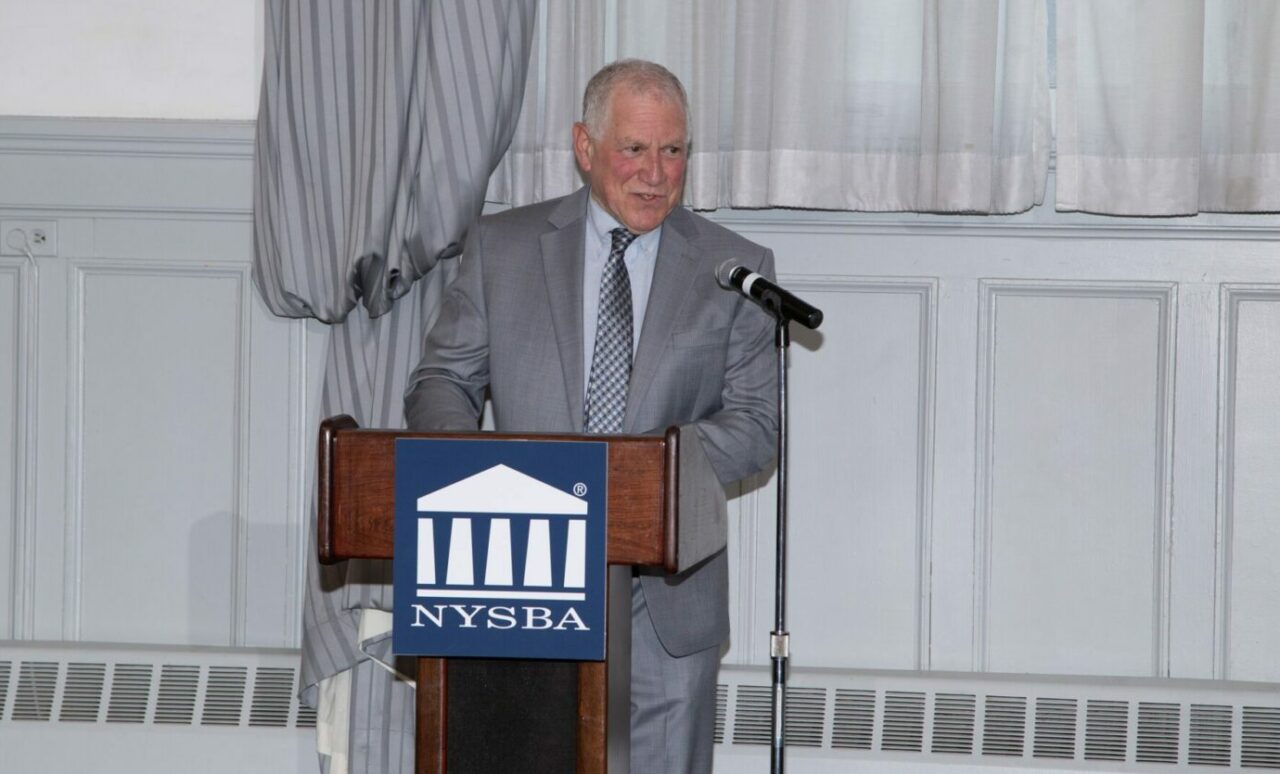Partners More On Board For Remote Work; Challenges Remain for Training New Lawyers
1.27.2022
Firm partners in 2022 have embraced remote work as they establish new values and new protocols for their firms.
This is in sharp contrast to 2021 when most partners foresaw a return to the traditional firm environment, with some modifications.
Be it through advances in technology, rethinking priorities or finding improved efficiencies, small firm partners were enthusiastic and optimistic about the future of remote work on the “Managing Partners Small Firm Round Table” during the New York Bar Association’s Annual Meeting as part of “LPM Day.”
New approach to clients and staff
Colleen Grady of Grady Hunt said that she has taken a more personalized approach to her clients and her staff, cognizant of how some clients have reacted to COVID-19. Some have become more demanding; others have retreated and might need more contact and communication to stay engaged.
She sent care packages to her staff every few weeks during shutdowns and reached out based on their preferences.
She noted how her partner loves the opportunities remote work has given her to see her children more, so she doesn’t miss out on milestones.
“Pre-pandemic, we felt there was a lot of value and emphasis placed on being in the office,” said Grady. “Now we love the remote environment.”
Grady values that she now has a lot of time for herself, having lost her 75-minute commute. “It would be hard for me to go back,” she said. “If we can continue to grow while doing it remotely, we will do it remotely.”
The biggest challenge that remains is training brand new associates. They may not get the experience they need, she cautioned.
During the pandemic, Marian Rice (L’Abbate Balkan Colavita & Contini) gained a greater respect for technology and the need to invest in technology infrastructure. Clients now ask lawyers about their technology and cybersecurity measures, she said.
Clifford R. Ennico (Law Offices of Clifford R. Ennico) found that “turbocharged” technology changed how he receives payment. “Six months ago, I had never heard of Venmo. Now, it’s how clients pay me.”
Like Grady, Ennico is experiencing his best and busiest years as a lawyer. For the first time in his three decades as a solo practitioner, he is considering adding staff to keep up with demand.
“Everyone is starting their own business and exploring their Plan B that has been sitting on the shelf,” Ennico said.
It has not been without challenges though.
Ennico is working longer hours than ever and becoming a “prisoner of the house.” He has established some clear boundaries to better control his time.
Secondly, his home office is now on full display with clients through Zoom meetings. He suggested that lawyers be mindful of their surroundings.
Carol Schiro Greenwald (MarketingPartners) agreed and added that lawyers must prepare for Zoom meetings as they would for an in-person meeting.
“The leader of the meeting is totally responsible for how the meeting feels. The rest of us are responsible for making the meeting work,” Greenwald said.
New values
A common assessment of panelists during the roundtable was an increased need for firms to have greater flexibility for both staff and clients. It was common for attorneys to ask themselves hard questions about their practices and lives during the pandemic and what they truly valued.
Greenwald said that employees want flexibility, autonomy and respect.
Lisa L. Shrewsberry (Traub Lieberman Straus & Shrewsberry) added that firms must put their words into actions.
“A firm’s culture is its values. Its values are actions,” said Shrewsberry, “You can’t say your firm is family friendly if no one is acting.”
She suggested that partners have to get buy-in from everyone and commit to the culture.
Panelists agreed that they must establish new processes for their well-being.
James Joseph (Joseph Law Group) said that having a daily routine can create boundaries for the attorney. He recommended that lawyers commit to something other than the practice of law in the morning. Checking email should not be the first priority.
“We must set time for ourselves to stay healthy,” said Joseph. “Our mental and physical health is critical to our ability to practice.”
Terence Lee Robinson (Muehe Maue & Robinson), a father of six children, wanted more control over his life and future and to get away from the “2400 billable hours per year” cycle.
“You have to have a plan for your own career,” said Robinson.” For succession planning, you need a plan for short-term, mid-term and long-term.”
He recommended that lawyers ask themselves: What do you want for your own life?
“Have a plan. Start early. Focus on your brand. Focus on your clients,” said Robinson.






